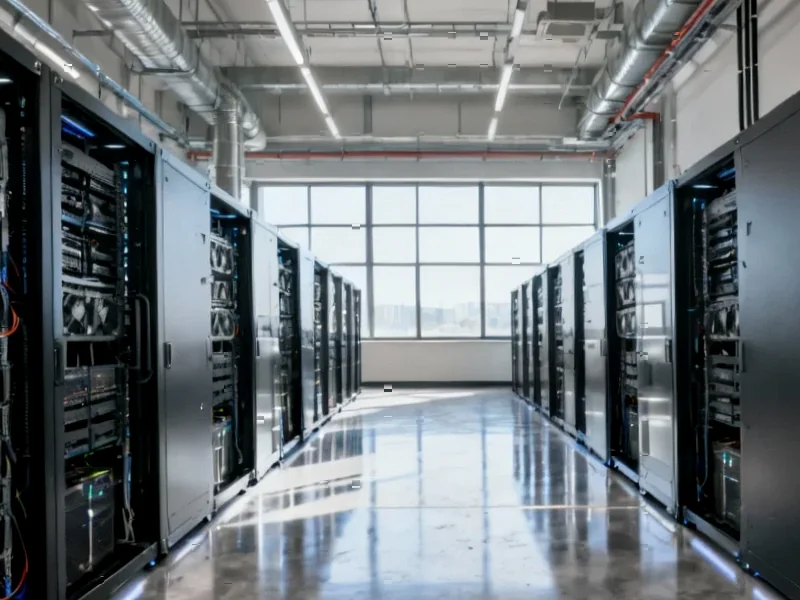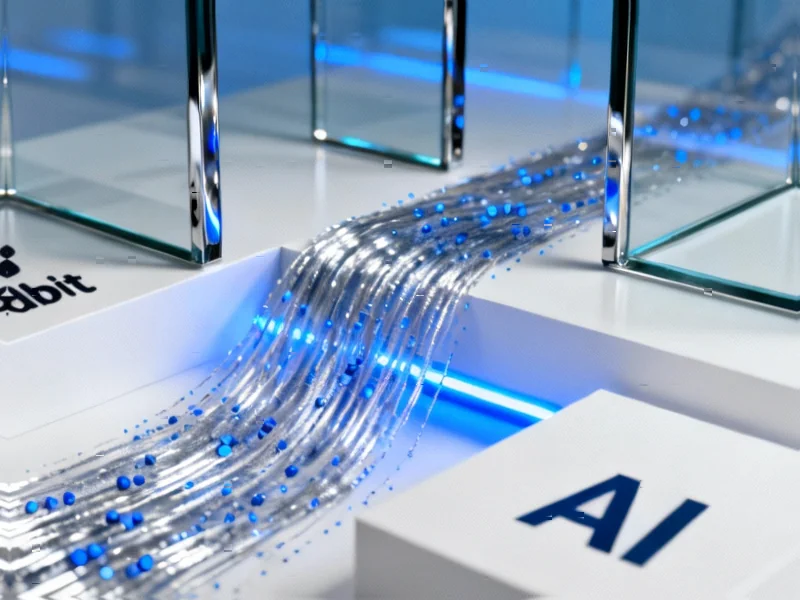According to Forbes, artificial general intelligence has become an explicit goal for some of the world’s largest corporations, with Mark Zuckerberg making smarter-than-human AGI Meta’s new objective and OpenAI’s charter specifically mentioning “planning for AGI and beyond.” Futurist Gregory Stock argues that achieving AGI could lead to massive transformations including the death of death itself and the end of scarcity. However, nearly 70,000 people including AI pioneer Geoffrey Hinton and Apple co-founder Steve Wozniak have signed the Statement on Superintelligence calling for a prohibition on superintelligence development due to existential risks. The debate pits AI doomers worried about human extinction against optimists who believe superintelligence could solve disease, hunger, and poverty. Chinese President Xi Jinping recently suggested creating a global AI governance body, though international cooperation appears unlikely among global rivals.
The AGI reality check
Here’s the thing about these grand predictions – we’ve been here before. Remember when self-driving cars were supposed to be everywhere by 2020? Or when crypto was going to replace traditional finance? The gap between technological ambition and actual delivery is often wider than anyone wants to admit.
I can’t help but be skeptical when I hear promises about ending death and scarcity. These aren’t just technical problems – they’re deeply human ones. Even if AGI could theoretically solve aging, would everyone want to live forever? And scarcity isn’t just about production – it’s about distribution, politics, and human nature. Basically, the hardest problems might not be the ones AGI can solve with pure intelligence.
Who controls the future?
This is what really worries me. We’re talking about potentially handing over humanity’s future to a handful of tech companies. Meta and OpenAI might have good intentions today, but what happens when shareholders demand returns? When competitors emerge? When governments want access?
The fact that nearly 70,000 experts signed that warning letter should give everyone pause. These aren’t Luddites – they’re people who understand the technology better than anyone. And they’re scared enough to publicly call for hitting the brakes. That tells you something.
The human factor
Stock makes an interesting point about the changes happening within us rather than just in the machines. We’re already seeing this with current AI. People are using tools like digital clones and AI avatars to handle meetings and communications. But what does that do to human connection? To authenticity?
If AGI arrives, the biggest question might not be what it can do for us, but what it does to us. Do we become dependent? Complacent? Do we lose skills and knowledge that made us human in the first place? These are the quiet risks that don’t make for dramatic headlines but could fundamentally alter what it means to be human.
What happens next?
So where does this leave us? Stuck between corporate ambition, expert warnings, and political gridlock. The idea of international agreements sounds nice in theory, but when has that ever worked with transformative technologies? Look at nuclear weapons or climate change – we’re not exactly great at global cooperation.
Maybe the best hope is that open-source efforts reach AGI alongside the big players. At least that would distribute power more widely. But honestly? We’re flying blind into territory nobody truly understands. And that’s probably the most unsettling part of all this.




